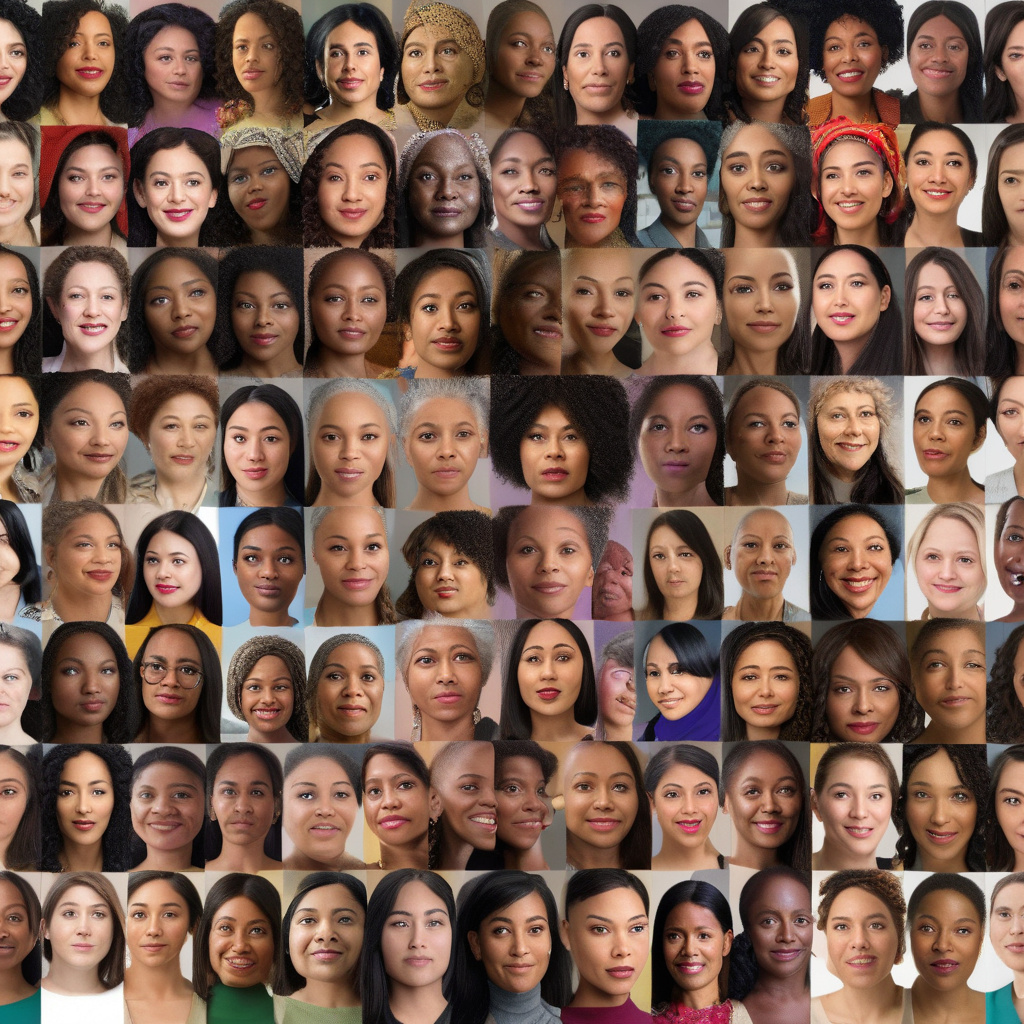IWD 2025: Course-correcting AI for the women’s perspective: An open letter to the Tech industry
In the realm of Artificial Intelligence (AI), where algorithms wield significant power in shaping our digital landscape, there lies a pressing need for the tech industry to address a crucial issue: gender bias. As we celebrate International Women’s Day in 2025, it is imperative to reflect on the role of AI in perpetuating stereotypes and biases, particularly those that impact women. The call for course-correcting AI to incorporate the women’s perspective has never been more urgent.
AI systems are only as unbiased as the data they are trained on. The lack of diversity in datasets used to train AI models often leads to skewed outcomes, reinforcing existing prejudices and marginalizing underrepresented groups. In the case of women, this bias manifests in various forms, from gendered language in natural language processing algorithms to skewed image recognition that perpetuates harmful stereotypes.
To combat this issue, the tech industry must prioritize diversity and inclusion in AI development. This begins with ensuring that datasets are representative of the diverse voices and experiences of women. By including a wide range of perspectives in the data used to train AI models, we can mitigate gender bias and create more equitable outcomes.
Moreover, companies must prioritize gender diversity in their AI development teams. A diverse team brings a variety of perspectives to the table, challenging assumptions and biases that may go unnoticed in homogenous groups. By fostering an inclusive environment where women are empowered to participate in the development process, tech companies can create AI systems that are more reflective of society as a whole.
It is also crucial for tech companies to implement rigorous testing and evaluation processes to detect and mitigate bias in AI systems. By regularly auditing AI algorithms for gender bias and other forms of discrimination, companies can ensure that their technology upholds ethical standards and respects the rights of all individuals.
One shining example of a company leading the charge in addressing gender bias in AI is Google. In 2023, Google launched the “Women in AI” initiative, which aimed to increase the representation of women in AI research and development. By providing scholarships, mentorship programs, and networking opportunities for women in the field, Google has taken concrete steps to empower women and amplify their voices in the development of AI technology.
As we look towards the future of AI, it is clear that addressing gender bias is not just a moral imperative but also a strategic necessity. By incorporating the women’s perspective into AI development, tech companies can unlock new opportunities for innovation and create technology that truly serves the needs of all individuals.
On this International Women’s Day in 2025, let us recommit ourselves to the cause of gender equality in AI. By course-correcting our approach to AI development and embracing diversity and inclusion, we can create a more equitable and just digital future for all.
#AI, #GenderBias, #TechIndustry, #DiversityandInclusion, #InternationalWomensDay
